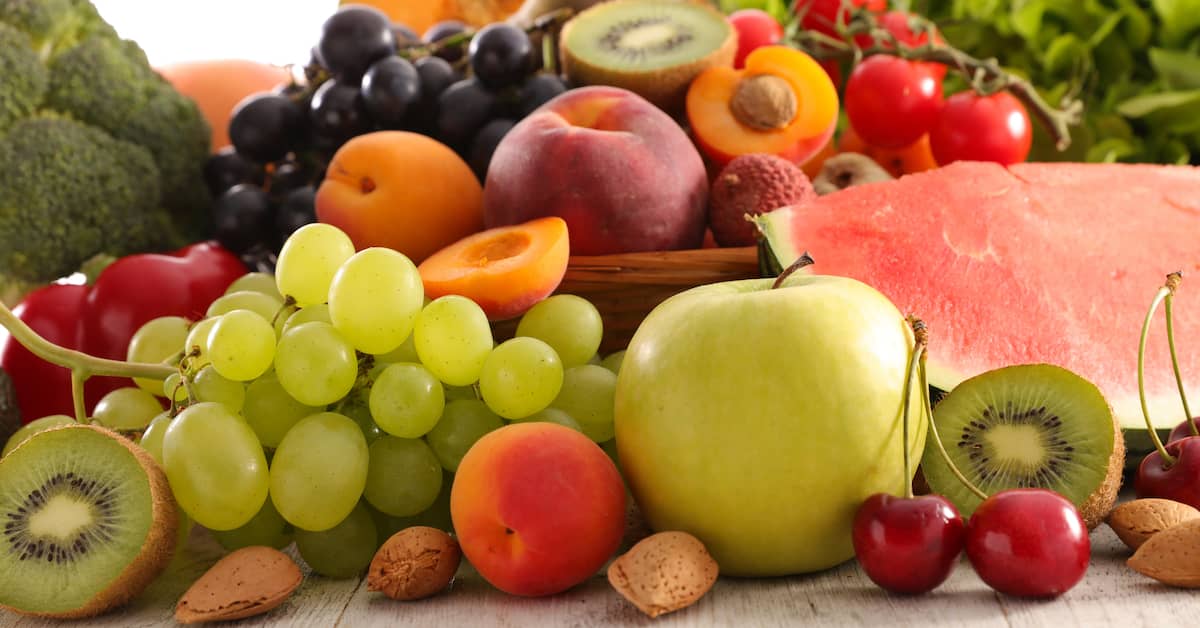
In addition to eating lots of vegetables, there are two other foods that reduce wrinkles and smooth skin. Here’s the story…
Lifestyle and environmental factors can lead to premature aging of the skin, of which wrinkles are the most obvious sign. Smoking is one such factor; so is obesity; but the biggest influence is repeated exposure to UV radiation.
Many studies also demonstrate that dietary factors play an important role in benefiting skin health. Examples of these are vitamin A, vitamin C, carotenoid-rich extracts of kale, and lycopene-rich tomato nutrient complex. But research into the effects of whole foods on skin aging is scarce.
Scientists at the University of California, Davis believed this was an area that needed exploring, so a year ago they carried out a first-of-its-kind study on the effects of almonds on skin aging.
Almonds: A Smart Choice to Fight Skin Aging
The UC Davis researchers enrolled 28 healthy post-menopausal women who have fair skin that burns easily and is prone to sun damage. Those eating 20 percent of their daily energy consumption in almonds enjoyed significantly decreased wrinkle severity and width after 16 weeks compared to a control group eating a calorie-matched snack.Lead author Raja Sivamani explained how almonds help the skin: "Almonds are a rich source of the antioxidant vitamin E and deliver essential fatty acids and polyphenols.” He added, “They’re a smart choice for overall good nutrition. And, as seen in this study, almonds may hold promise as a food to include as part of a healthy aging diet, especially for post-menopausal women."
The UC Davis team followed up this study with another published in the journal Nutrients in November. This time they wanted to test the effects on the skin from eating antioxidant rich mangoes.
Slashes Deep Wrinkles by Almost a Quarter
The type of mango they tested is called Ataulfo, a Mexican variety, also known as honey or Champagne. Ataulfo, like other varieties, is rich in beta-carotene but has higher levels of bioactive compounds - phenolic acids and flavonoids with antioxidant capacity - than other types of mango.Already, researchers had evidence that mangoes were effective against skin aging from a Korean study published seven years earlier.
In that study, hairless mice were treated with UV radiation to induce skin aging and then given a mango extract. Compared to controls, there was a significant reduction in wrinkle length and improvements in markers of skin damage.
For their own study, the UC Davis team recruited another group of 28 healthy post-menopausal women with the same skin type as in their previous study. Half consumed half a cup of mangoes four times a week for 16 weeks while the other half ate three times as much mango for the same period.
After using a high-resolution camera system to evaluate facial wrinkles at eight weeks and 16 weeks, the researchers found something surprising: those consuming the smaller quantity of mangoes saw significant improvements in severity, length and width of fine, deep and emerging wrinkles. What’s more, those with deep wrinkles saw the greatest benefit, with a 23 percent decrease after just eight weeks.
Too Much of a Good Thing
However, for those consuming the larger portion of mangoes the news wasn't good and was quite unexpected, explains lead author Vivien Fam."Women who ate a cup and a half of mangoes...saw an increase in wrinkles. This shows that while some mango many be good for skin health, too much of it may not be."
The scientists could only speculate as to the reason, suggesting that eating such a large amount provides a boost in sugar intake which may have disrupted collagen, the protein that provides structure to the skin.
Their research is just another reason to watch your sugar intake, even when you’re eating fruit. Tropical fruits like mangoes are notoriously high in sugar content—more so than traditional fruit like apples and oranges—so take care when you add them to your meals.
